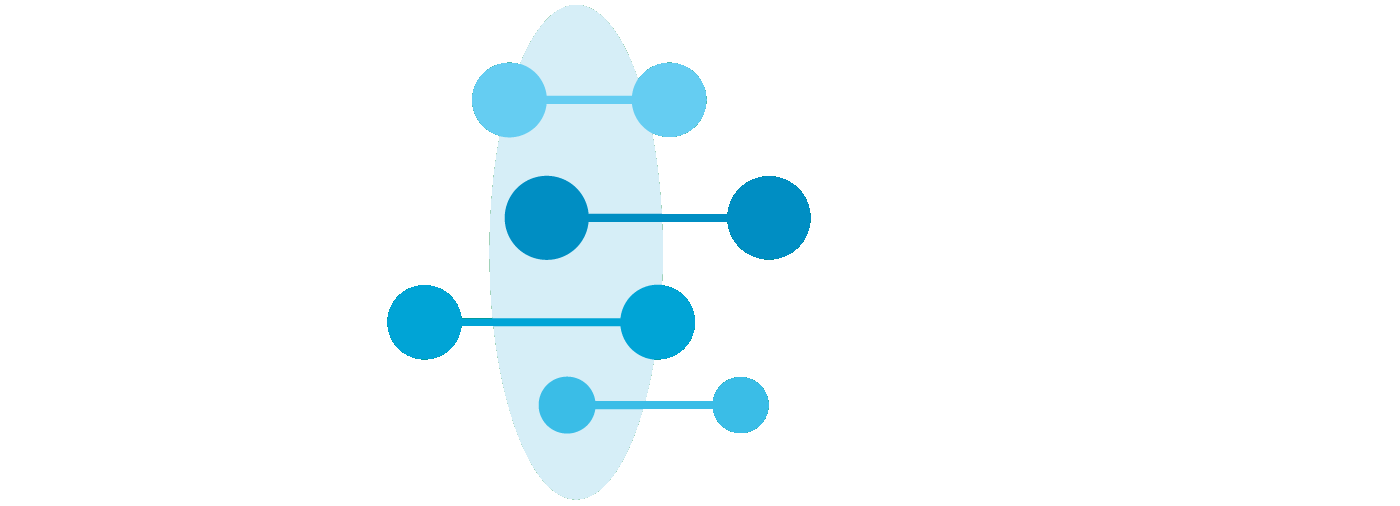Abstract
Cancers have been associated with a diverse array of genomic alterations. To help mechanistically understand such alterations in breast invasive carcinoma, we have applied affinity-purification mass spectrometry to delineate comprehensive biophysical interaction networks for 40 frequently altered breast cancer (BC) proteins, with and without relevant mutations, across three human breast cell lines. These networks identify cancer-specific protein-protein interactions (PPIs), interconnect and enrich for common and rare cancer mutations, and are substantially rewired by the introduction of key BC mutations. Our analysis identified PIK3CA-interacting proteins which repress AKT signaling and has uncovered USP28 and UBE2N as functionally relevant interactors of BRCA1. We also show that the PP1 phosphatase regulatory subunit, Spinophilin, interacts with and regulates dephosphorylation of BRCA1 to promote DNA double-strand break repair. Thus, PPI landscapes provide a powerful framework for mechanistically interpreting disease genomic data and can identify valuable new therapeutic targets.
What is NDEx?
NDEx, the Network Data Exchange (www.ndexbio.org, Pratt et. al. 2017 DOI: 10.1158/0008-5472.CAN-17-0606), is an online commons for biological networks where networks of many types and formats can be shared, accessed, and stored by users and applications. NDEx is tightly integrated with Cytoscape (https://cytoscape.org/), and networks can be downloaded to Cytoscape by clicking the “Open in Cytoscape” button at the bottom-right of the web page.


